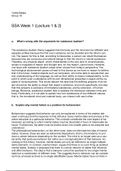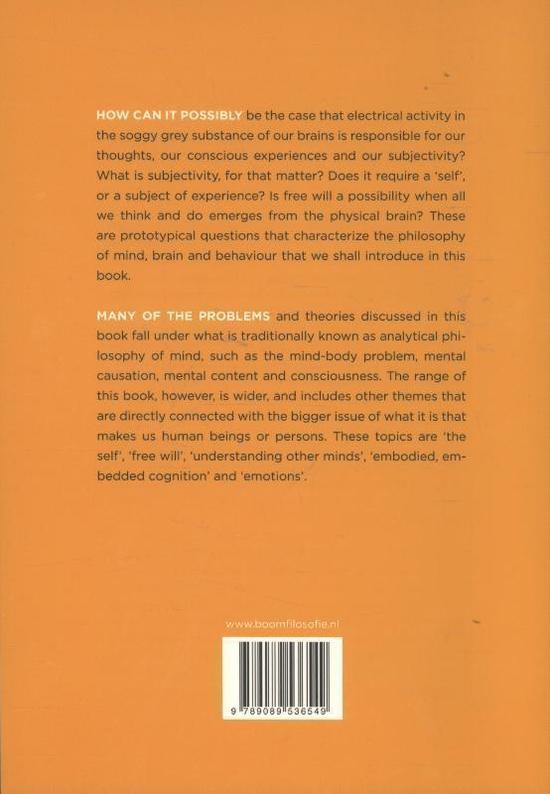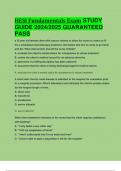Essay
SSA 1 for Philosophy and Psychology Year 2 - Vrije Universiteit Amsterdam
- Instelling
- Vrije Universiteit Amsterdam (VU)
Here is my first self-assessment for the course in which I got a 9. Here is the complete and submitted version from which you can take inspiration and compare your progress to:)
[Meer zien]






